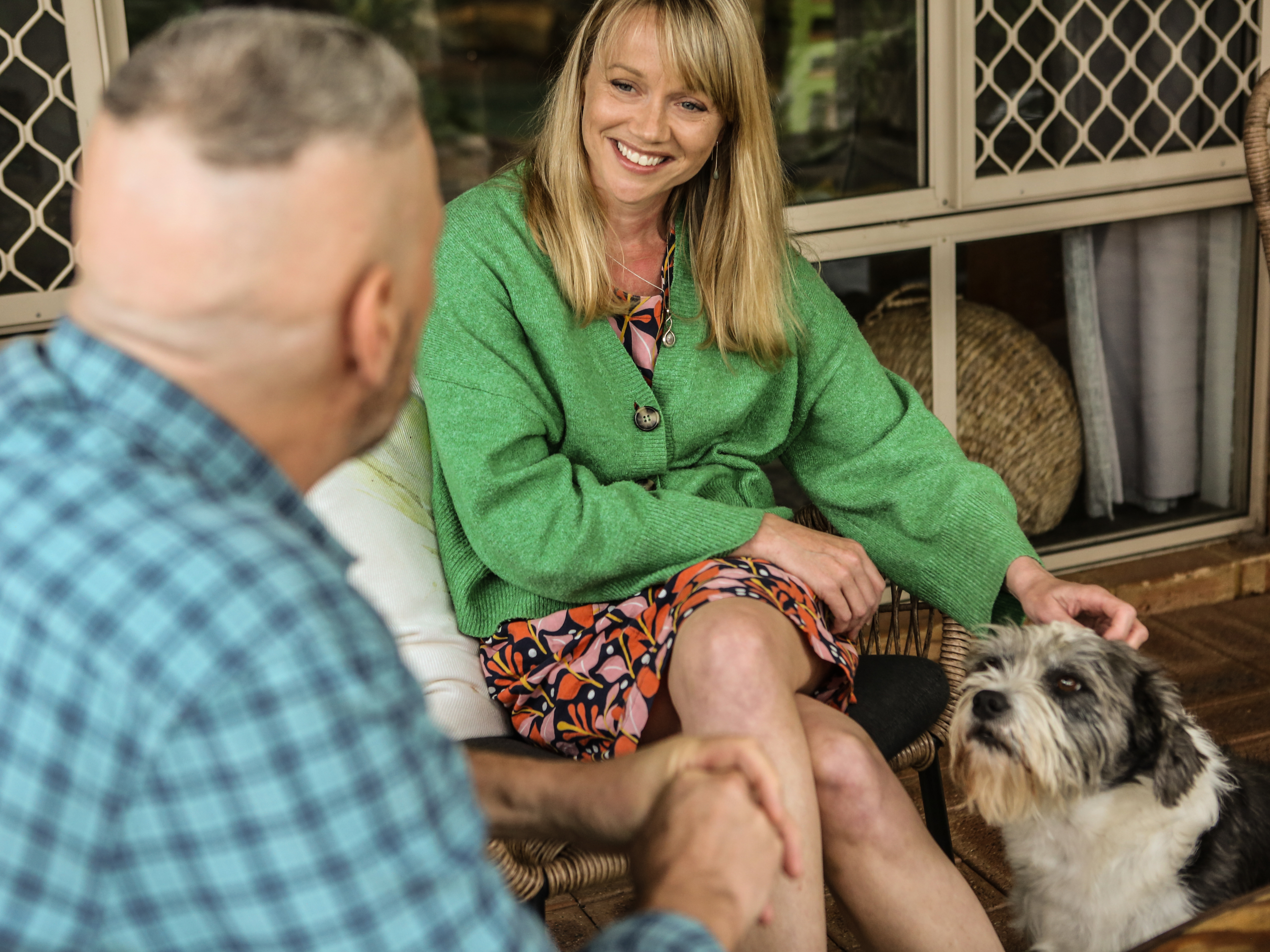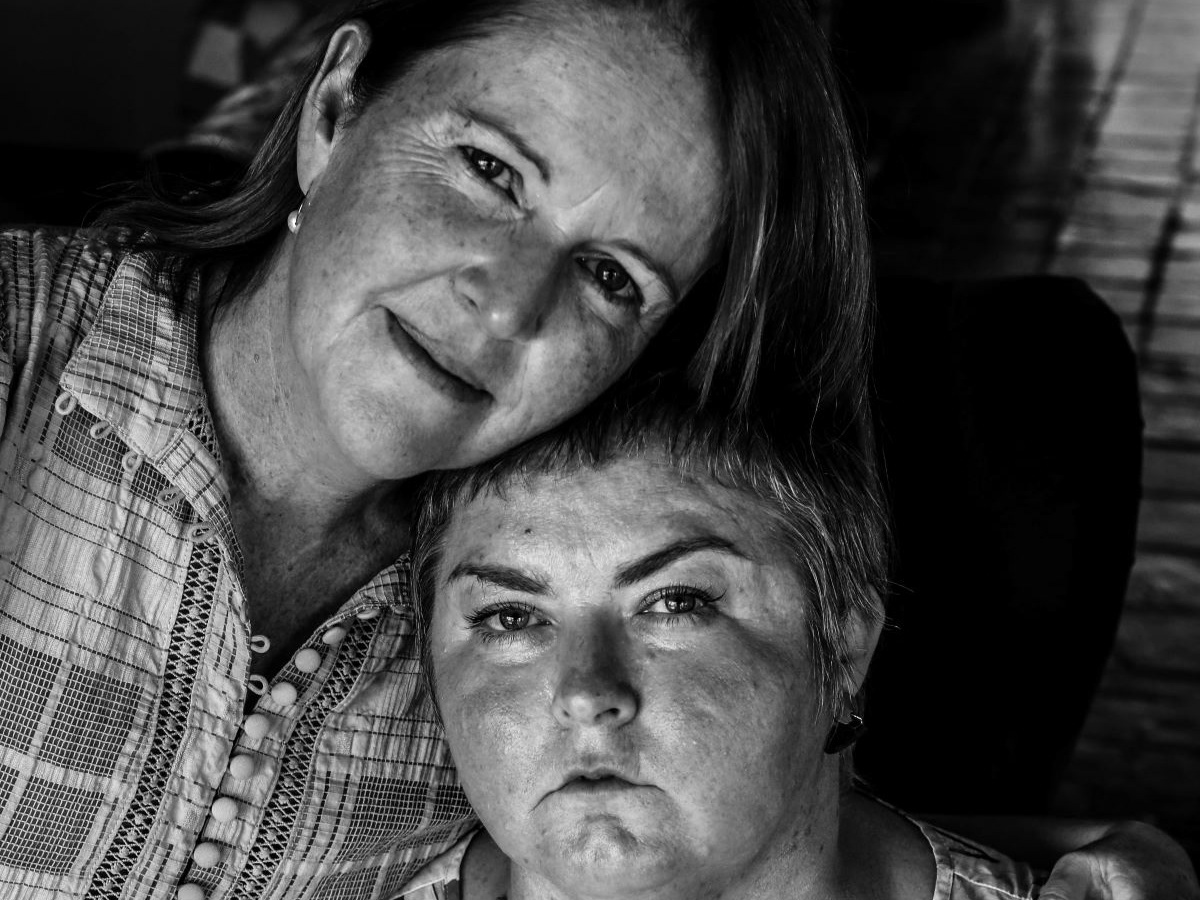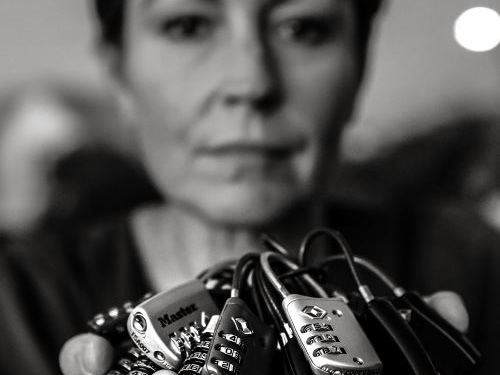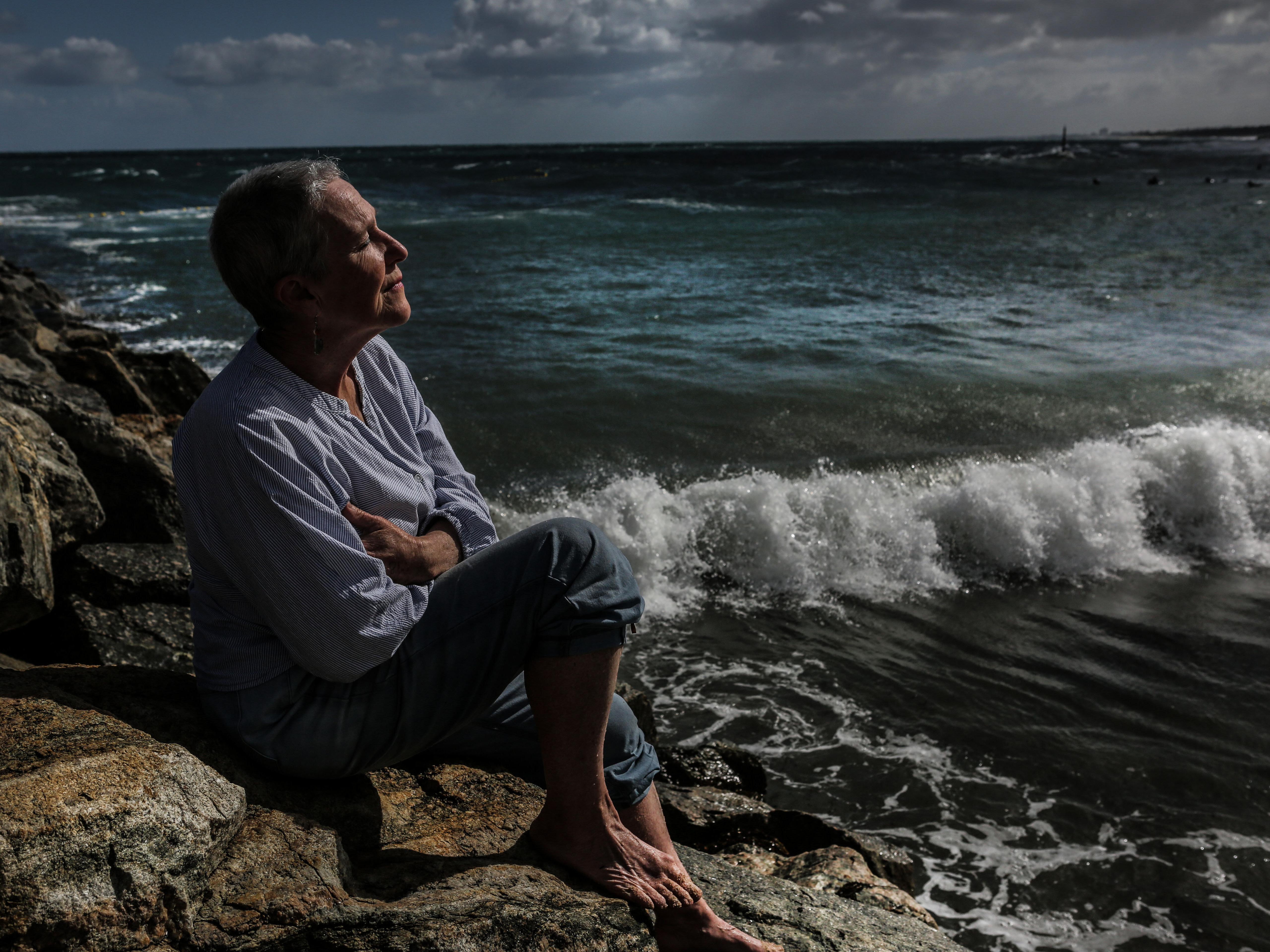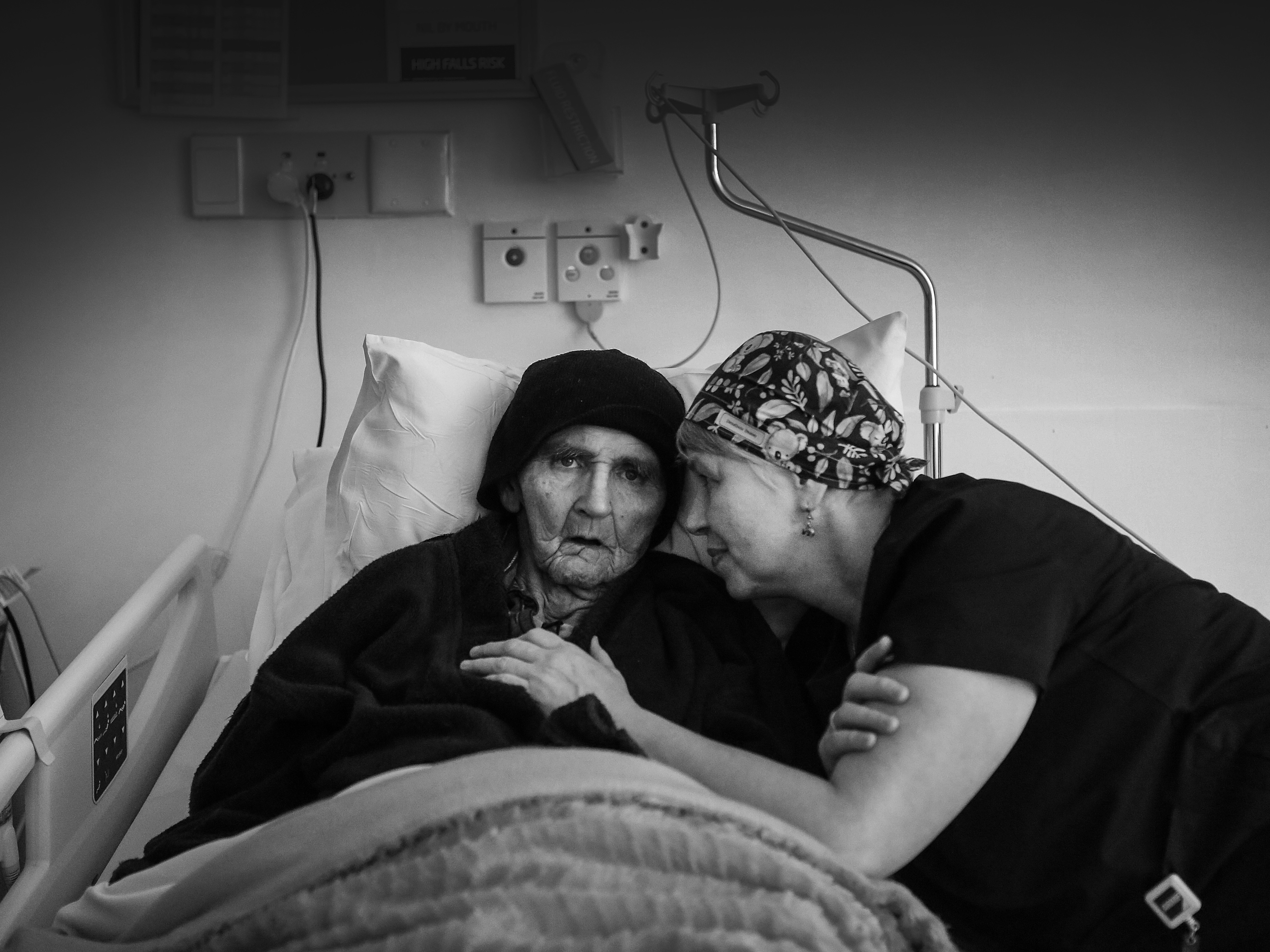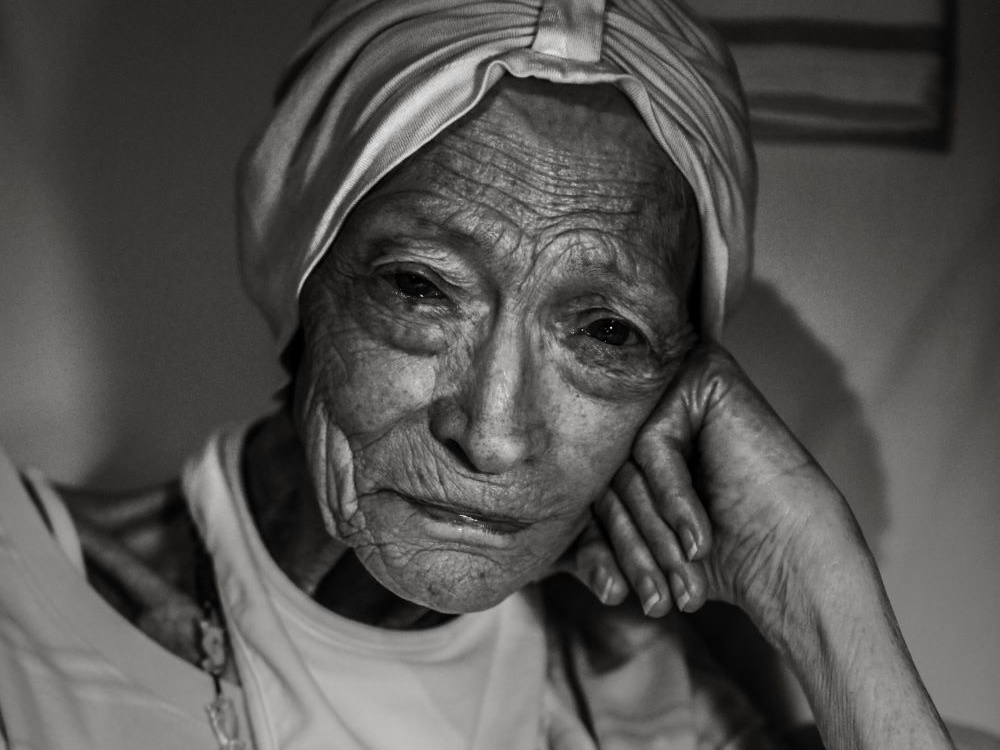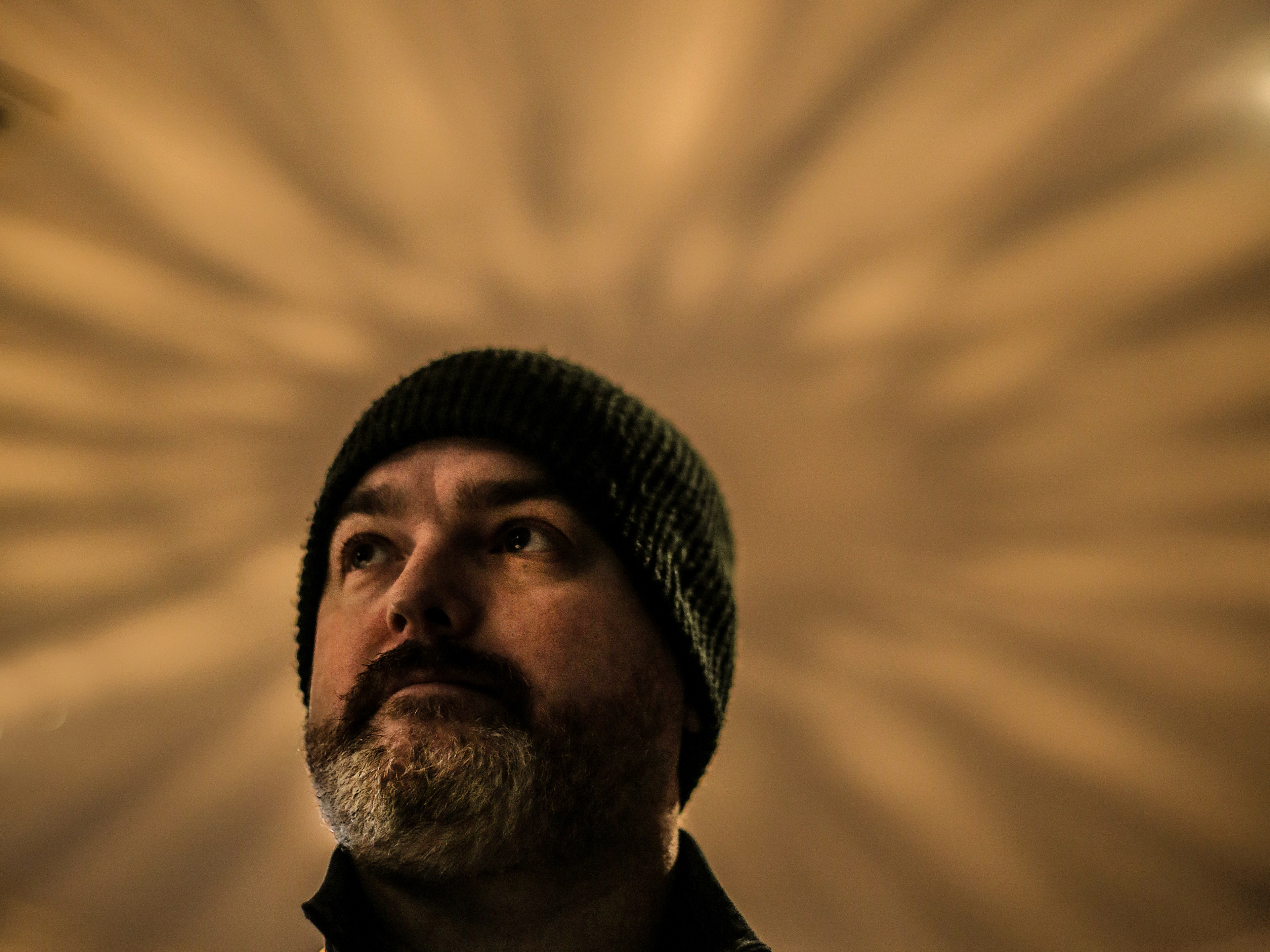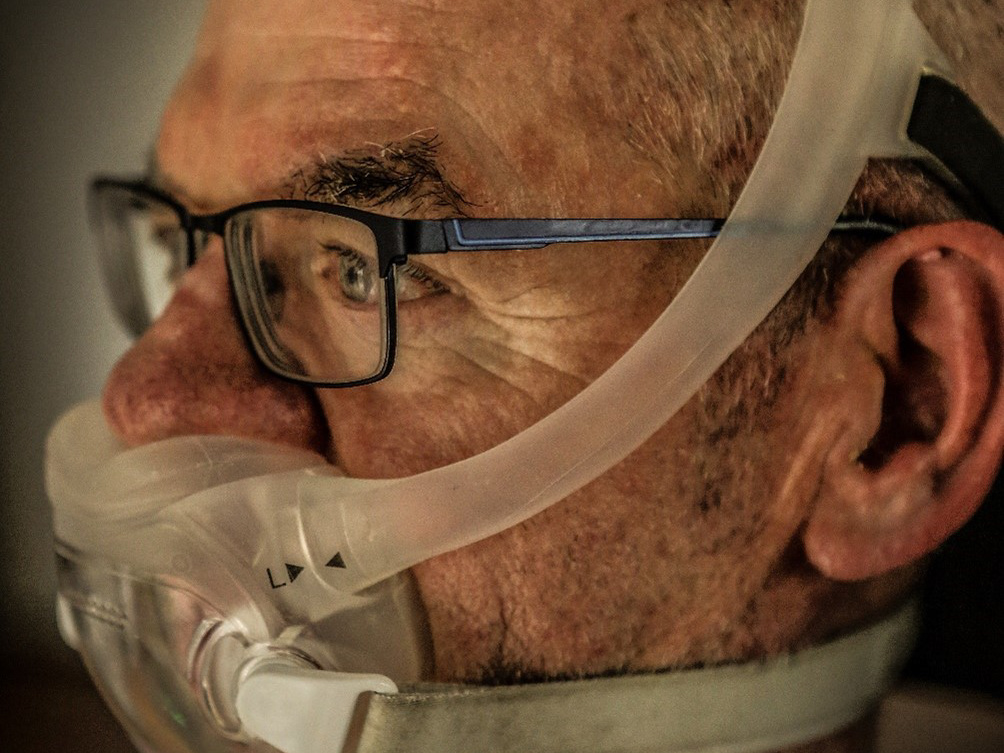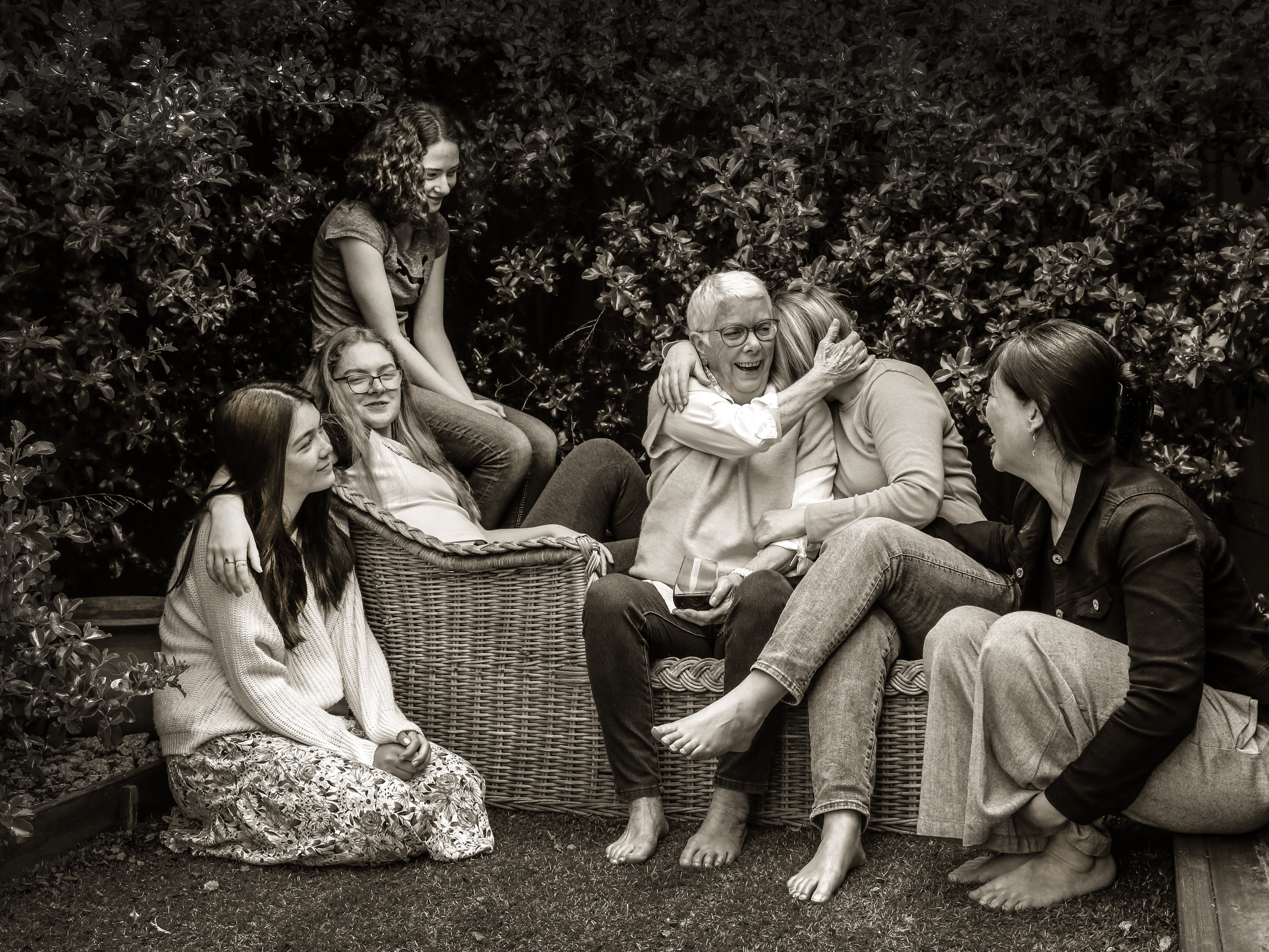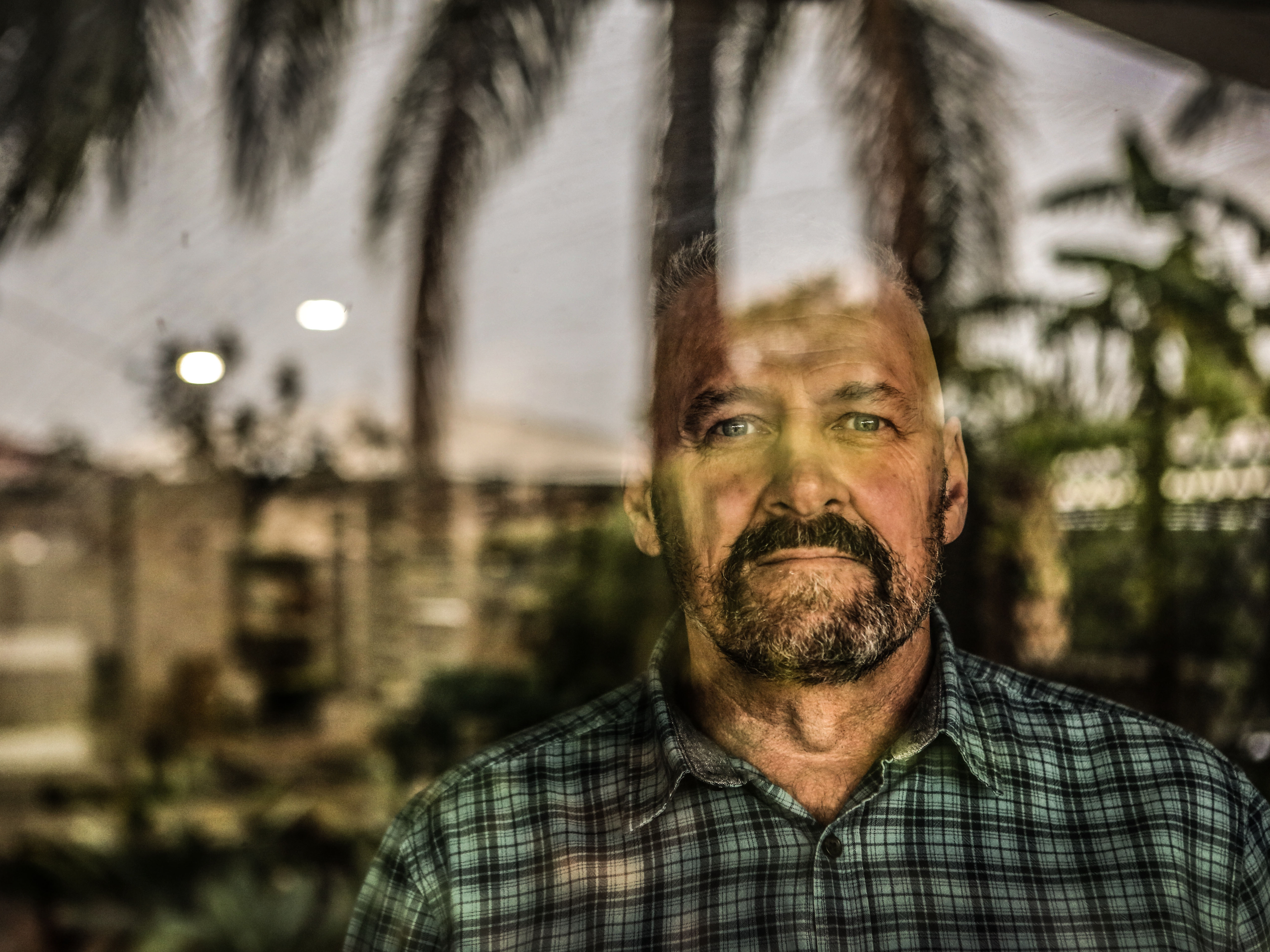When 44 year-old Rachel Hanrick looked at the photos of herself at work in her artist's studio she was surprised.
"I can see the incongruency between how I was feeling that day, I thought just having a bit of fun, compared to what is shining through," she said.
Diagnosed with an incurable brain tumour , Rachel was determined to live in the moment, enjoying as much of her life as she could.
"But what I see is me in denial. It's quite apparent."
Denial is to be expected, she said.
"Being in this space is like a waiting game. You don't really know what's coming. You don't know what's going to happen. I look at these photos and I definitely get a sense that my psyche is caught up in the waiting , as opposed to just being in the present."
A seizure at work in mid 2023 was the first sign that something was not right. "I'd never had a seizure before. I was in hospital for two weeks while they figured out what it was.
"Initially they thought it was an MS tumor. And then I got the biopsy. Glioblastoma, which is an incurable brain tumor.
"It was inoperable, so nothing officially has been taken out of my head, which is kind of nice."
Doctors gave her less than a year to live.
"I was going through my Advanced Health Care Directive with palliative care and I mentioned that I would like to access VAD if possible. I wasn't even sure it had passed in Queensland. They told me it had and I could make a first request straightaway.
"Applying went incredibly, beautifully smoothly. I don't mean to minimize it - the steps in the process and the importance of the safeguards . But I was very well looked after and I felt like I was in the hands of people who knew what they were doing.
"If they didn't have a team of people going through that process with you, and helping you with the paperwork and processing, I probably wouldn't have done it, it would have felt all too overwhelming. So I feel like there's a nice balance of checks and balances along with helping people to achieve what it is they want at the end of their life.
"Being approved and having it there as an option is just a massive weight off. It has given me a sense of control over an illness that will probably really challenge my self determination.
"If I didn't have it, I'd be a lot more worried, more scared, and feeling a lot more distress at this stage."
Rachel's partner Jay agreed the approval was a relief . "An end to the uncertainty as to how Rach's end of life might come, and on what terms it might come, that she would be able to control it. As her partner, I want the best for her, of course."
The couple's 18 year-old daughter Lottie was part of the decision maing.
"Right from the get go we were very transparent with her. Things like the timing of what my boundries are and when I might choose to administer the substance and, you know, what that's going to look like.
"All young people go through their own processes when they're making sense of things. But the one thing that Lottie said to me is 'I don't want you to be in pain. I would rather you not suffer,. so I would prefer you to do this, than not.
"I thought that was very insightful and made me realize that she gets it.
"It would be horrific having to watch your loved one go through a painful death, forcibly wasting away. Processing death is hard enough without that traumatic visual overlay . I want her last memories of me to be peaceful, a positive experience. Or as much as it can be in this context. "
Rachel hadn't given much thought to where she might be when she dies, but it would probably be surrounded by her paintings in the "dome" , her makeshift bush studio at the top of the driveway . Painting had been a way to process the enormity of her diagnosis, she said.
"It's something that has been with me since high school. It is very catharctic. It helps me to express myself. I feel a sense of peace when i finish something. "

